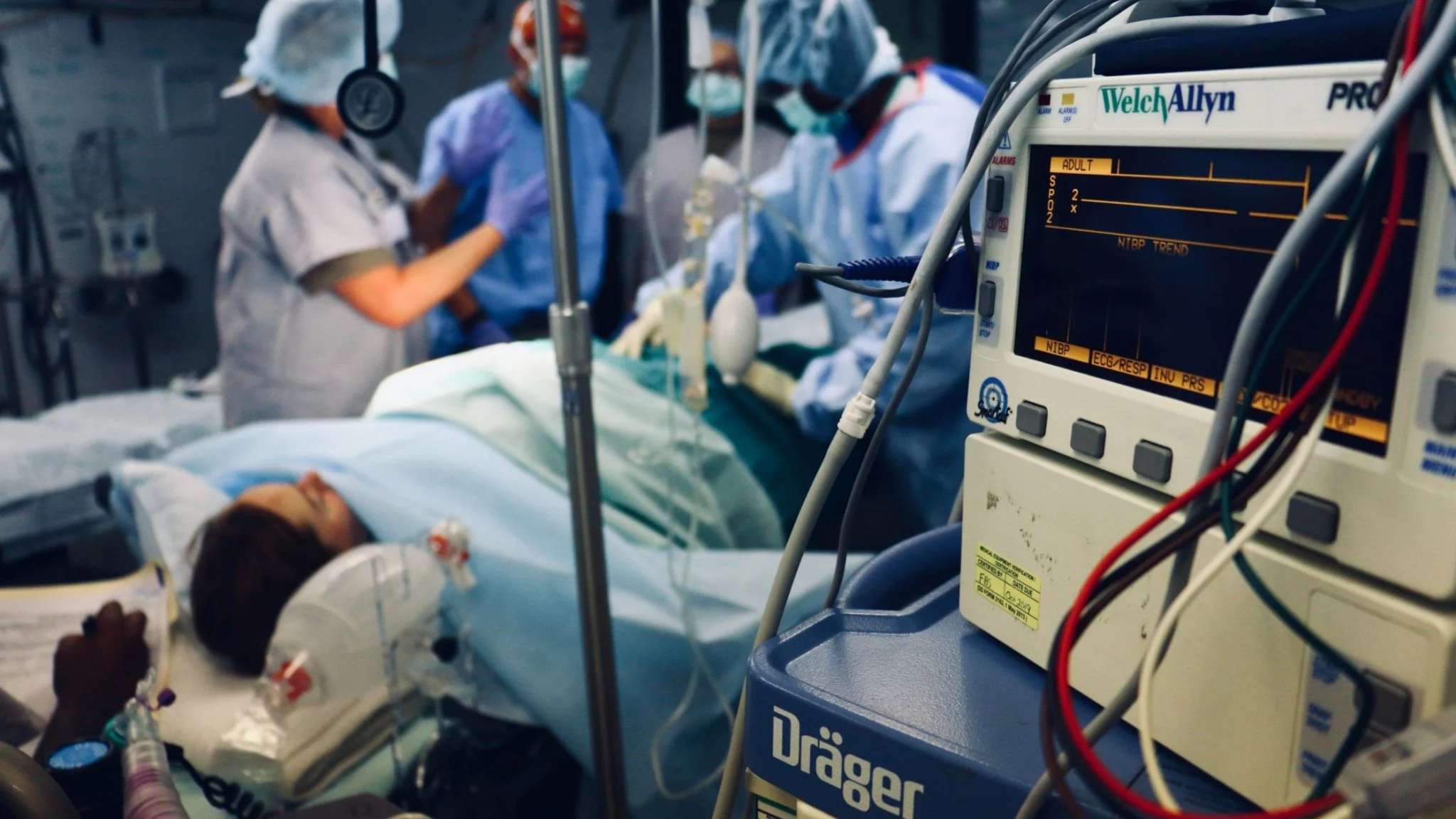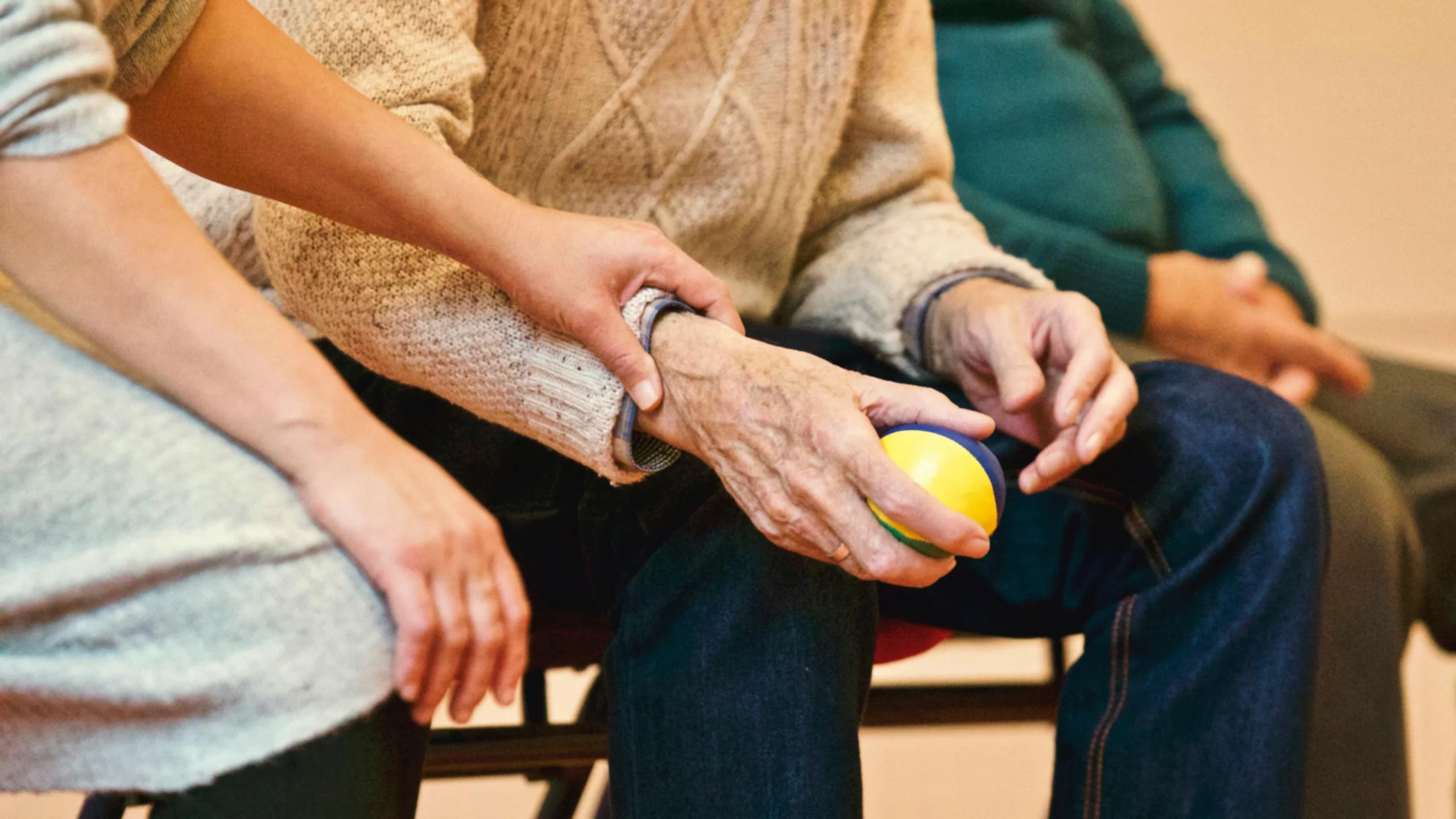Critical care nurses play a crucial role in providing care to patients who are critically ill or injured. They work in intensive care units (ICUs), emergency departments, and other specialty units where they provide specialized care to patients with life-threatening conditions.
What is a Critical Care Nurse?
A critical care nurse is a registered nurse who specializes in caring for critically ill or injured patients. They work in high-stress environments where they must be able to think quickly and respond to emergencies rapidly.
Their primary responsibility is to provide care to patients who are in critical condition. This includes monitoring vital signs, administering medications, and managing life support equipment, such as ventilators. They also work closely with other healthcare professionals, such as physicians and respiratory therapists, to ensure that patients receive the best possible care.
Job Summary
We are seeking an experienced and compassionate critical care nurse to join our team. The successful candidate will be responsible for providing specialized care to critically ill or injured patients in our ICU. This includes monitoring vital signs, administering medications, and managing life support equipment.
The critical care nurse will work closely with other healthcare professionals to develop and implement care plans that meet the unique needs of each patient. They will also be responsible for documenting patient care, communicating with families, and providing emotional support to patients and their loved ones.
The ideal candidate will possess a strong knowledge of critical care nursing and be able to work effectively in a high-stress environment. They should have excellent communication and interpersonal skills and be able to work collaboratively in a team environment.
General Responsibilities
- Provide specialized care to critically ill or injured patients.
- Monitor and manage life support equipment, such as ventilators.
- Administer medications and other treatments as prescribed by physicians.
- Develop and implement care plans that meet the unique needs of each patient.
- Document patient care and communicate with families.
- Provide emotional support to patients and their loved ones.
- Stay up-to-date on current critical care nursing practices and guidelines.
Skill Requirements
TIP: Glider AI enables recruiters, staffing firms, and hiring teams to assess skills across technical and non-technical job roles, including high-demand healthcare roles. Use Glider AI Skill Intelligence Platform™ to understand soft skills, hard skills, interest in the job, and fit.
Qualitative Skill Requirements
Critical care nurses must possess a unique set of skills that allow them to provide care to critically ill or injured patients. These skills include:
- Compassion: Critical care nurses must be compassionate towards their patients and their families. They must be able to provide emotional support and comfort to patients who are in distress.
- Communication Skills: The ability to communicate effectively with patients, families, and other healthcare professionals is essential for critical care nurses. They must be able to listen actively and express themselves clearly and professionally.
- Attention to Detail: Critical care nurses must have a high level of attention to detail. They must be able to accurately document patient care and maintain complete and accurate medical records.
- Critical Thinking: Critical care nurses should have strong critical thinking skills. They must be able to assess situations and make decisions quickly and effectively.
- Adaptability: Critical care nurses should be adaptable and flexible. They must be able to work in different environments and handle unexpected situations.
- Ethics: Critical care nurses must maintain ethical standards in their work. They should be able to maintain confidentiality and respect the privacy of patients.
- Cultural Competence: Critical care nurses should be culturally competent and able to work with diverse populations. They should have an understanding of cultural differences and how they may affect healthcare practices.
Formal Skill Requirements and Credentials:
- Must hold a valid nursing license in their state or province of practice, which is obtained by passing the National Council Licensure Examination for Registered Nurses (NCLEX-RN) or a similar exam in the jurisdiction where they plan to work. Many employers also require or prefer a Bachelor of Science in Nursing (BSN) degree or higher, as well as certification in Critical Care Nursing (CCRN) or a similar certification offered by the American Association of Critical-Care Nurses (AACN).
- Continuing Education: expected to participate in ongoing professional development and continuing education to maintain their knowledge and skills. This includes attending conferences, completing online courses, and participating in on-the-job training.
Example KPIs for a Critical Care Nurse:
Key Performance Indicators (KPIs) are important metrics used to assess the effectiveness and efficiency of a critical care nurse’s work. Here are some example KPIs:
- Patient Survival Rate: This KPI measures the percentage of critically ill patients who survive under the care of the critical care nurse. The critical care nurse should work to improve patient survival rates through proper monitoring, timely interventions, and effective communication with the healthcare team.
- Ventilator Weaning Rate: This KPI measures the percentage of patients who are successfully weaned off mechanical ventilation. The critical care nurse should work to improve ventilator weaning rates through proper monitoring, patient education, and effective communication with the healthcare team.
- Central Line Infection Rate: This KPI measures the number of infections related to central line catheters per patient or per catheter day. The critical care nurse should work to reduce central line infection rates through proper insertion and maintenance techniques, as well as infection control protocols.
- Medication Error Rate: This KPI measures the number of medication errors per patient or per medication administration. The critical care nurse should work to reduce medication error rates through proper medication administration techniques, double-checking orders, and effective communication with the healthcare team.
- Patient Satisfaction: This KPI measures the satisfaction of patients and their families with the care provided by the critical care nurse. The critical care nurse should work to provide high-quality, compassionate care to patients and their families and address any concerns or complaints in a timely and professional manner.
- Staff Satisfaction: This KPI measures the satisfaction of other healthcare staff members who work with the critical care nurse, such as physicians, respiratory therapists, and other nurses. The critical care nurse should work to establish positive working relationships with other healthcare staff, communicate effectively, and collaborate on patient care plans.
How can Glider AI help you with hiring a Critical Care Nurse?
Glider’s recruitment platform is built on the mission, of “competency over credentials”. This way, you can make the most of the hiring assessments through a structured and data-driven candidate evaluation process. Use Glider AI Skill-Intelligence™ to automate and accelerate recruiting quality healthcare talent in a MOBILE-FIRST, candidate-friendly experience.
Glider AI’s Unique Features
- Verify Medical Licenses
- Validate Hundreds of Medical, Clinical, and Technical Skills
- Ensure Hiring Compliance
- Conversational Chatbot for Talent Screening
- Powerful candidate analytics
- Streamline Healthcare Hiring with AI and Automation
Go ahead and spotlight your Critical Care Nurse with Glider AI today!
Schedule a Demo or contact us at info@glider.ai



